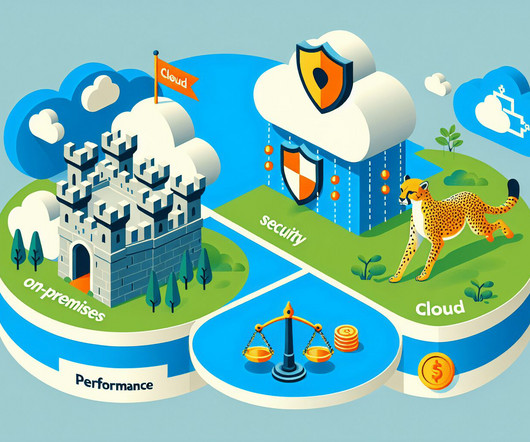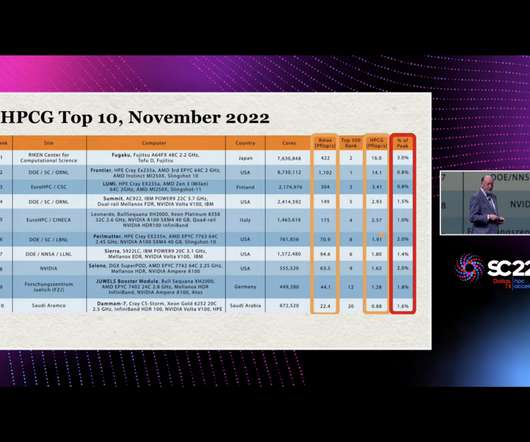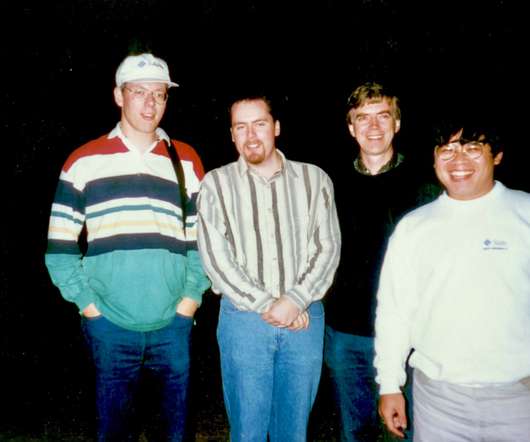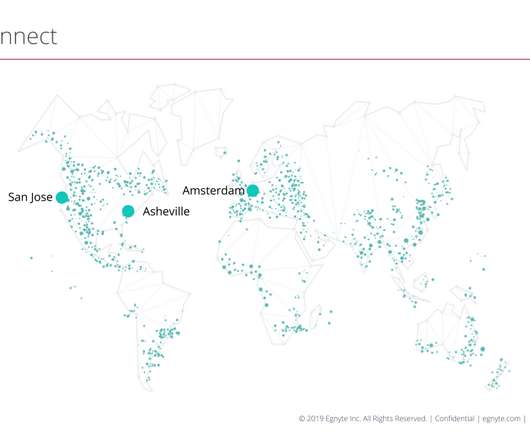Aurora vs RDS: How to Choose the Right AWS Database Solution
Percona
JULY 1, 2023
Now that Database-as-a-service (DBaaS) is in high demand, there are multiple questions regarding AWS services that cannot always be answered easily: When should I use Aurora and when should I use RDS MySQL ? These may be performance, high availability, operational cost, management, capacity planning, scalability, security, monitoring, etc.














Let's personalize your content